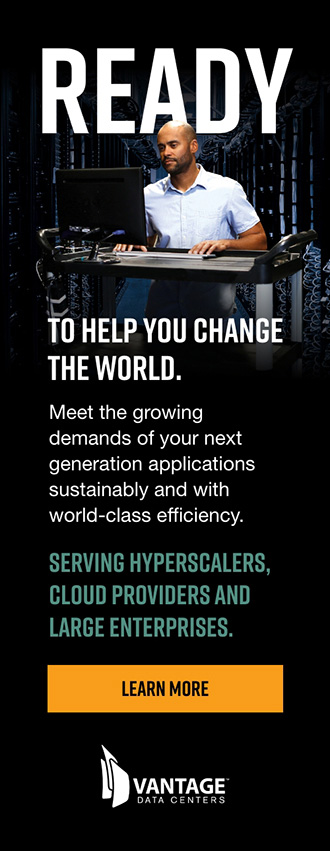The Internet and the World Wide Web it supports has become an increasingly ubiquitous infrastructure. While there is still much to be done to make this ecosystem universally available and accessible, it has reached average levels of availability of around 65 percent worldwide. There are plenty of underserved pockets of the world that have no access or inadequate access, however, so there is still much work to be done.
In the US, a 42 billion USD infrastructure program has been mounted to provide broadband access to the Internet especially in rural areas and urban centers where access is patchy, inadequate, or nonexistent. We are becoming vitally dependent on access to the Internet, most especially by way of mobile smartphones that seem to have a never-ending stream of new “apps” available.
While recognizing all the benefits this technology has conferred over the past 40 years since the Internet became operational, we must also recognize that it has become a high-risk area of cyberspace in which the infrastructure is abused in ways that cause serious economic or other harms. By analogy, the incredibly useful road systems of the world are also hazardous places where unsafe drivers create real risks. Parties on the road and on the Internet need to be held accountable for their behaviors—and when these behaviors are harmful, there must be consequences. Because the Internet is global in scope, accountability must be achieved in an international setting. Such a global approach demands cooperation among national parties who seek to hold accountable those who would harm others by means of the Internet.
ABOUT THE AUTHOR
Dr. Vinton G. Cerf is Vice President and Chief Internet Evangelist for Google. Widely known as one of the “Fathers of the Internet,” Cerf is the co-designer of the TCP/IP protocols and the architecture of the Internet. For his pioneering work in this field as well as for his inspired leadership, Cerf received the A.M. Turning Award, the highest honor in computer science, in 2004.
At Google, Cerf is responsible for identifying new enabling technologies to support the development of advanced, Internet-based products and services. Cerf is also Chairman of the Internet Ecosystem Innovation Committee (IEIC), which is an independent committee that promotes Internet diversity forming global Internet nexus points, and one of global industry leaders honored in the inaugural InterGlobix Magazine Titans List.
Cerf is former Senior Vice President of Technology Strategy for MCI Communications Corporation, where he was responsible for guiding corporate strategy development from the technical perspective. Previously, Cerf served as MCI’s Senior Vice President of Architecture and Technology, where he led a team of architects and engineers to design advanced networking frameworks, including Internet-based solutions for delivering a combination of data, information, voice, and video services for business and consumer use. He also previously served as Chairman of the Internet Corporation for Assigned Names and Numbers (ICANN), the group that oversees the Internet’s growth and expansion, and Founding President of the Internet Society.



